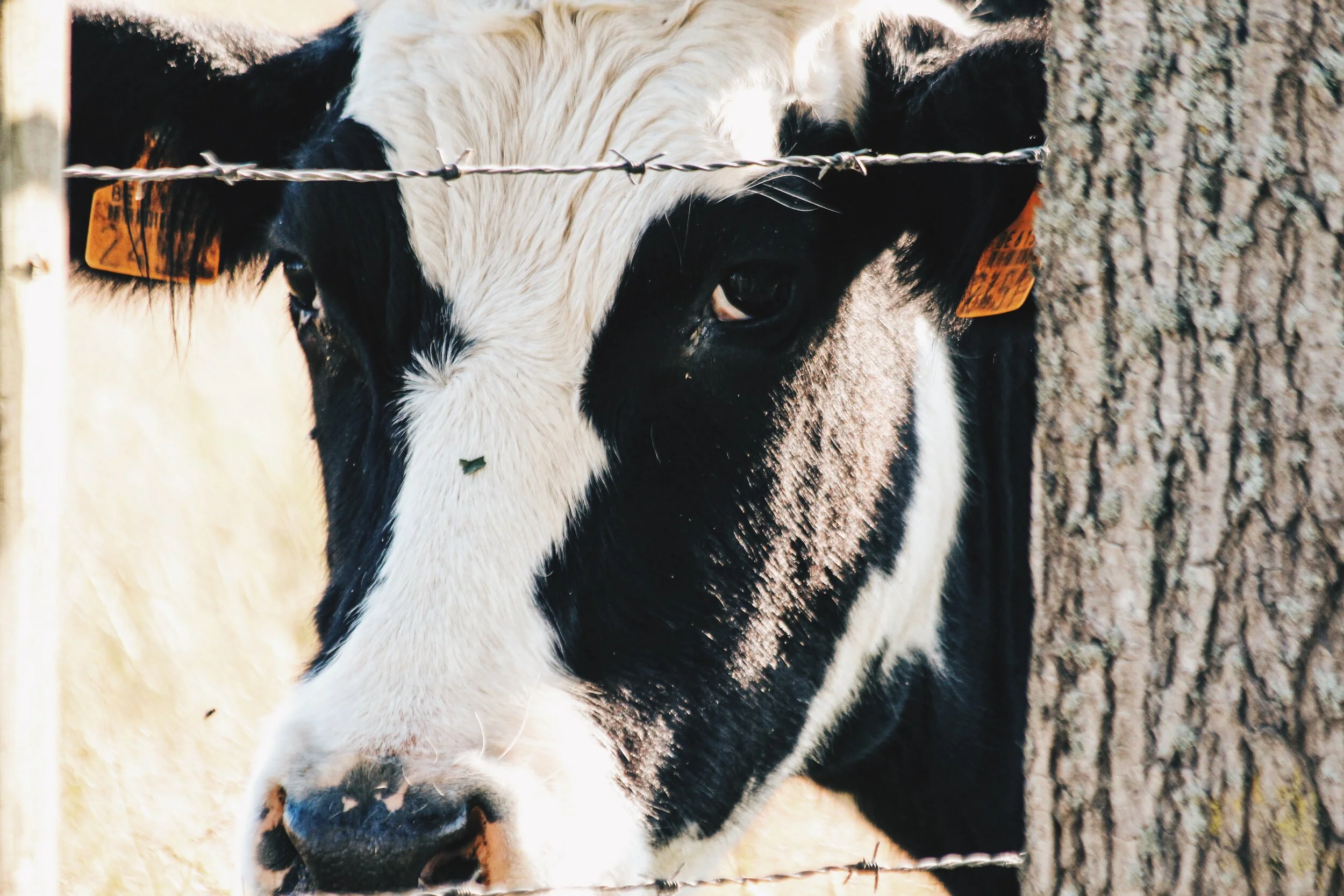A new report by independent think tank, RethinkX (who analyze technology-driven disruption), argues that they are. www.rethinkx.com The report says food production based on fermentation and plant-based ingredients could gain market share faster than previously thought. “We’re on the cusp of the deepest, fastest most consequential disruption in food and agricultural production since the first domestication of plants and animals ten thousand years ago.” The report goes on to say that by 2030 the number of cows in the US will have decreased by 50%, and “the cattle farming industry will be all but bankrupt. All other livestock industries will suffer a similar fate …” The report says new technology will replace the way protein is produced and enable the transition to a more efficient and sustainable food system.
However, the report noted the barriers to such a transformation citing the current political support (which includes massive subsidies) for incumbent industries, the need for new production infrastructure to supply the new protein products, and the need for consumer acceptance. That said, the report also notes that it only took a generation for the food system to evolve from small-scale, family-type farms to industrialized animal agriculture.
Even if the timeline doesn’t unfold as rapidly as the RethinkX forecast, the trend line is clear and the shift will undoubtedly be accelerated by climate change. People are becoming increasingly aware of the significant environmental damage being done by factory farming including water and air pollution, deforestation, biodiversity loss, highly inefficient uses of land and water and the fact it emits more GHGs than all global transportation. Add to that, greater understanding of the western diet’s negative impacts on human health, and the threat of antibiotic resistance (antibiotics are fed to livestock to protect them from disease in overcrowded factory farms), and you have powerful reasons for people to be receptive to change. Increasingly, people are concerned about animal welfare too. Approximately 70 billion land animals are raised and slaughtered for food a year globally, most of whom spend their entire lives enduring the conditions of factory farms. These are all reasons to reassess the current food system and help drive the search for and acceptance of new ways of delivering sources of protein to feed the nearly 10 billion people expected to inhabit the planet by 2050.

